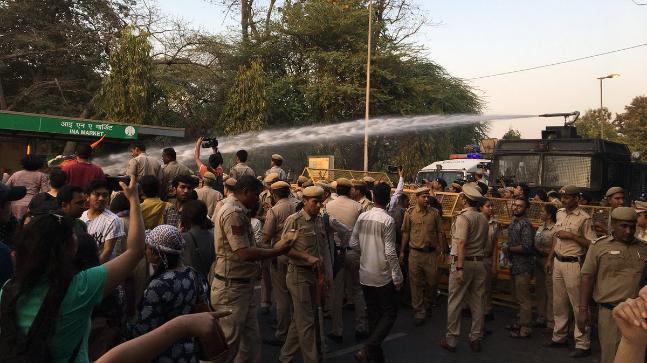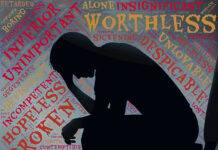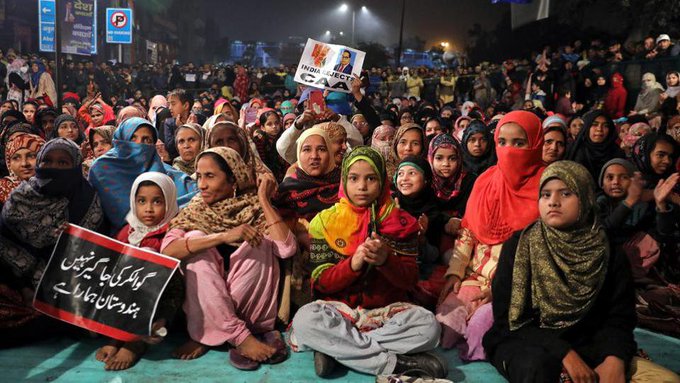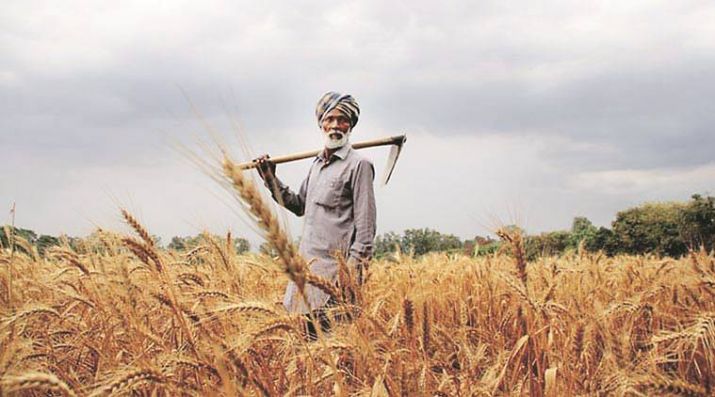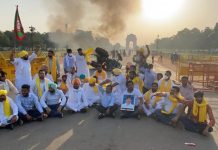It was really distressing to read about the serious injuries caused to JNU students by police action at the time of their recent protest march on November 18. Most people devoted to broad-based progress of higher education and democratization of institutions of higher education support substantially the ongoing struggle of a very significant part of the students of JNU supported by a significant section of teachers of this famous university.
It is very important that hard-working and highly motivated students from weaker sections should continue to have adequate representation in institutions of high learning. Conducive conditions should exist for their admission and pursuit of higher education. As weaker students can least afford living in big cities the support of low cost hostel facilities is particularly important for them. Escalating charges of higher education and hostel facilities can lead to discontinuation of education by several students from relatively weaker sections and the closure of doors of higher education for many students in future.
It is not proper to say that increasing charges can be offset by exempting students coming from below poverty line households from this increase as there are several students from economically stressed families which may not be classified officially as below poverty line. The household of an ordinary farmer may not be classified as below poverty line but in terms of arranging funds for higher education may be very stressed economically.
There has been a huge trend towards privatization of higher education already and many institutions of higher education are already being operated much on commercial lines to earn high profits. These can be afforded only by the rich . It has become all the more important for the government to ensure therefore that the few remaining reputed places of higher learning remain accessible to aspiring students from weaker sections.
This is important not just for protecting the interests of students from relatively weaker sections but also from the point of view of a wider national objective. Students who do well in institutions of higher learning go on to occupy important positions of policy making and implementation at various levels. Hence it is very important for the sake of balanced and just policy making and implementation that there should be adequate representation of weaker sections students in institutions of higher learning as this, to a significant extent, paves the way for the representation of weaker sections in policy making and implementation.
In addition there is also the wider issue of the democratization of institutions of higher learning. There is in particular a strong need for creating conditions in which students, teachers and other university staff at various levels cooperate to create a democratic space in which higher learning can be pursued in highly creative , free and unfettered ways in which new ideas can flourish and are encouraged. A strong commitment to ethical values, non- violence , cooperation, equality , non-discrimination and justice are badly needed, as also a commitment to understanding and trying to resolve the biggest challenges of our times. Without such a wider agenda, it will be difficult for institutions of higher learning to make their much needed contribution to society in these difficult times.
Bharat Dogra is a freelance journalist who has been involved closely with several social and ecological movements.

